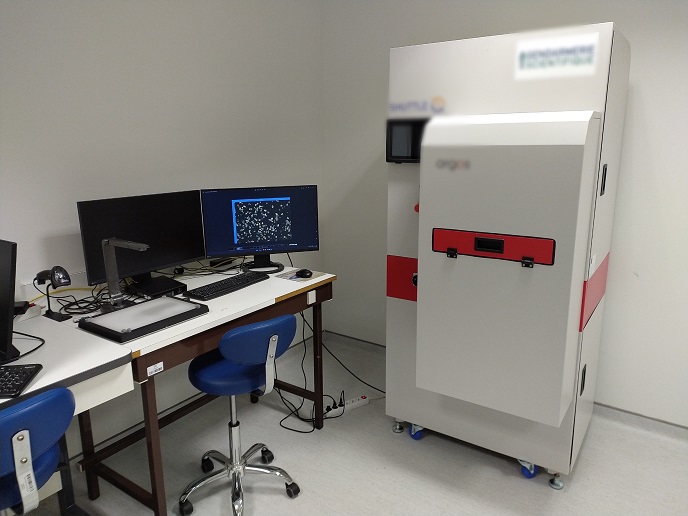Community-based policing critical to post-conflict countries
In many post-conflict countries, maintaining order is perceived to be the top policing priority. Threats of continued violence can lead to heavy-handed strategies, with a focus on fighting militants. As a result, the police are seen as more of a force than a service. “Such policing has weak links with local communities,” explains ICT4COP project coordinator Ingrid Nyborg, associate professor at the Norwegian University of Life Sciences. “This leads to serious deficits of trust. We felt that a new focus was needed.”
Community-oriented policing
The ICT4COP project was launched to look at how community-oriented policing (COP) in post-conflict settings could be strengthened. COP strategies seek to develop and maintain police relationships with community members, rather than impose top-down control. Researchers focused on 12 post-conflict countries across Latin America, south-eastern Europe, Africa and south Asia. Each situation was examined independently, to identify common challenges to achieving COP and to come up with recommendations. In all the cases studied, a variety of security providers was present. “While it is often assumed that a state operates as a monopoly on providing security, this is rarely the case,” says Nyborg. “State security providers may in fact be perceived as sources of insecurity.” Non-state security providers can include rebel organisations, criminal networks and private security companies. Local initiatives need to reflect these local realities. Another key finding was that community-police relations vary greatly across the different geographical regions. This means that COP, despite a common vision, will inevitably look different in Somalia than it does in Pakistan. In terms of technology, the research found that the use of ICT does not automatically build trust or improve community-police relations. Where there is distrust of the police, citizens are unlikely to welcome ICT tools introduced by the police. There is a need to think beyond ICT as a tool for surveillance or crime reporting. Finally, the research found a need to focus more on gender issues in COP, and a tendency among police to assume that young people are engaging in criminal activity.
Building mutual trust
Though the researchers recorded limited progress, their findings underscore the importance of COP as a means of improving police-community relations, and of strengthening citizen security. A critical element in all of this is the need to build mutual trust. “Accountability needs to come not only from the community, but also from the police,” notes Nyborg. Furthermore, while international guidance can help, COP cannot be perceived as foreign or external. Local police forces need to buy into the concept of COP themselves, and forge meaningful cooperation with local communities. “This is as much about police behaviour and culture as technical skills,” adds Nyborg. To help turn these findings into reality, the project team has delivered a range of resources for police forces and communities. These include an e-handbook on the key issues surrounding COP, as well as an e-learning course for international police advisors. A Police Experts Network that was established will continue to act as a forum for police, academics and civil society, to enable them to come together and learn from each other. “We have also received requests for collaboration from international and national police institutions and civil society actors and we will continue to interact as a network, and work towards COP that is reflective, participatory and co-created with civil society.”
Keywords
ICT4COP, security, policing, community, ICT, conflict, criminal, violence







